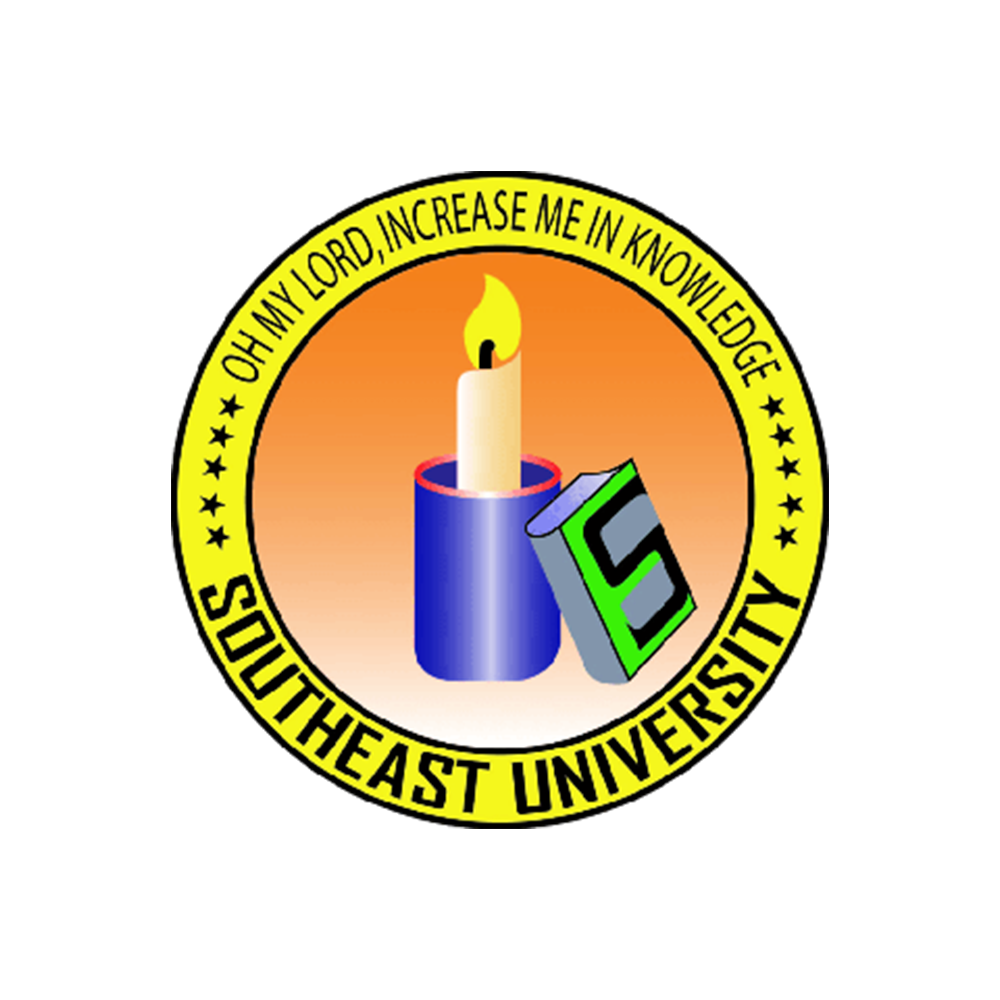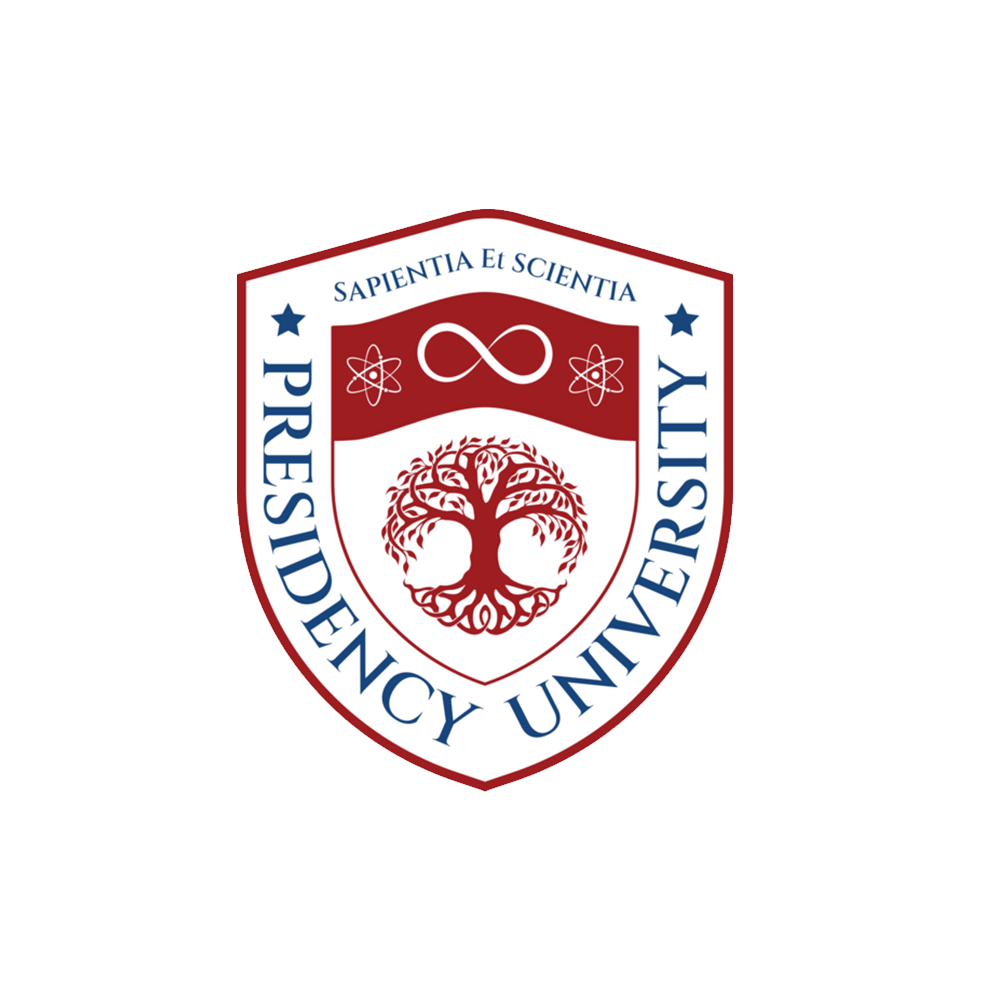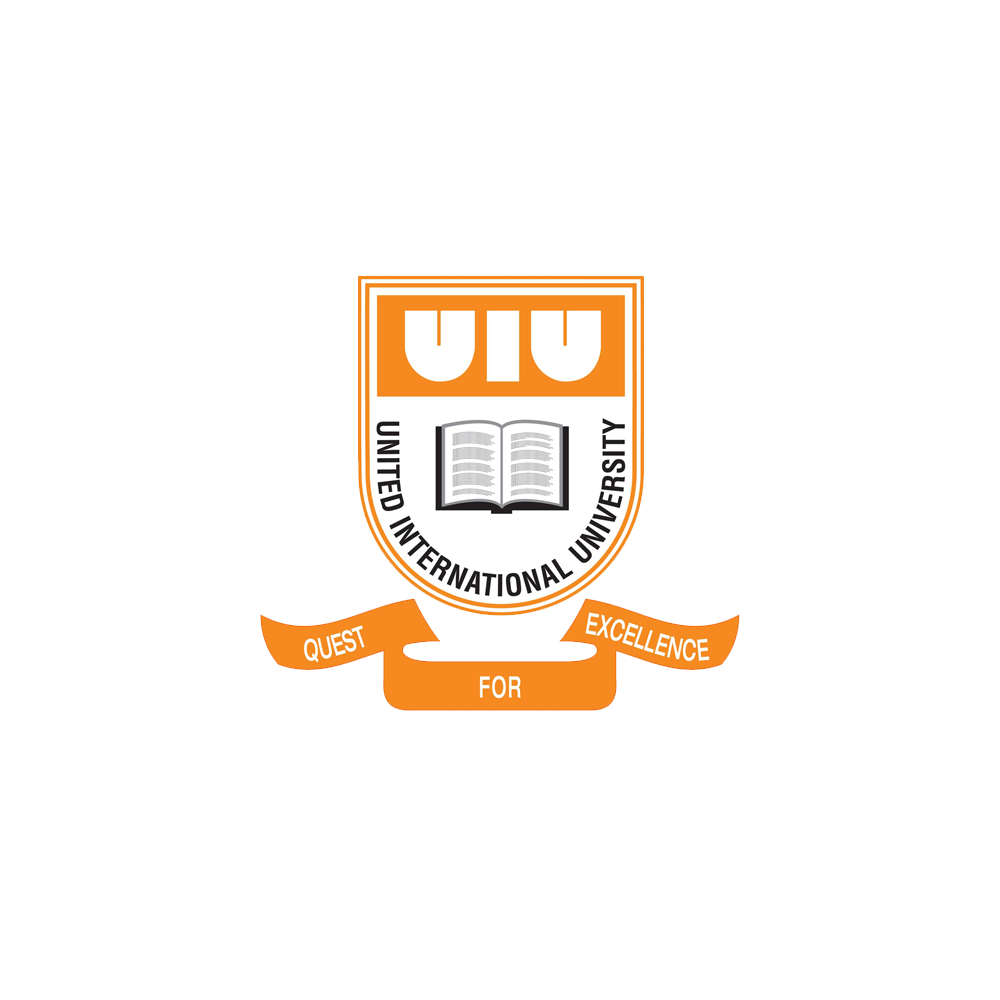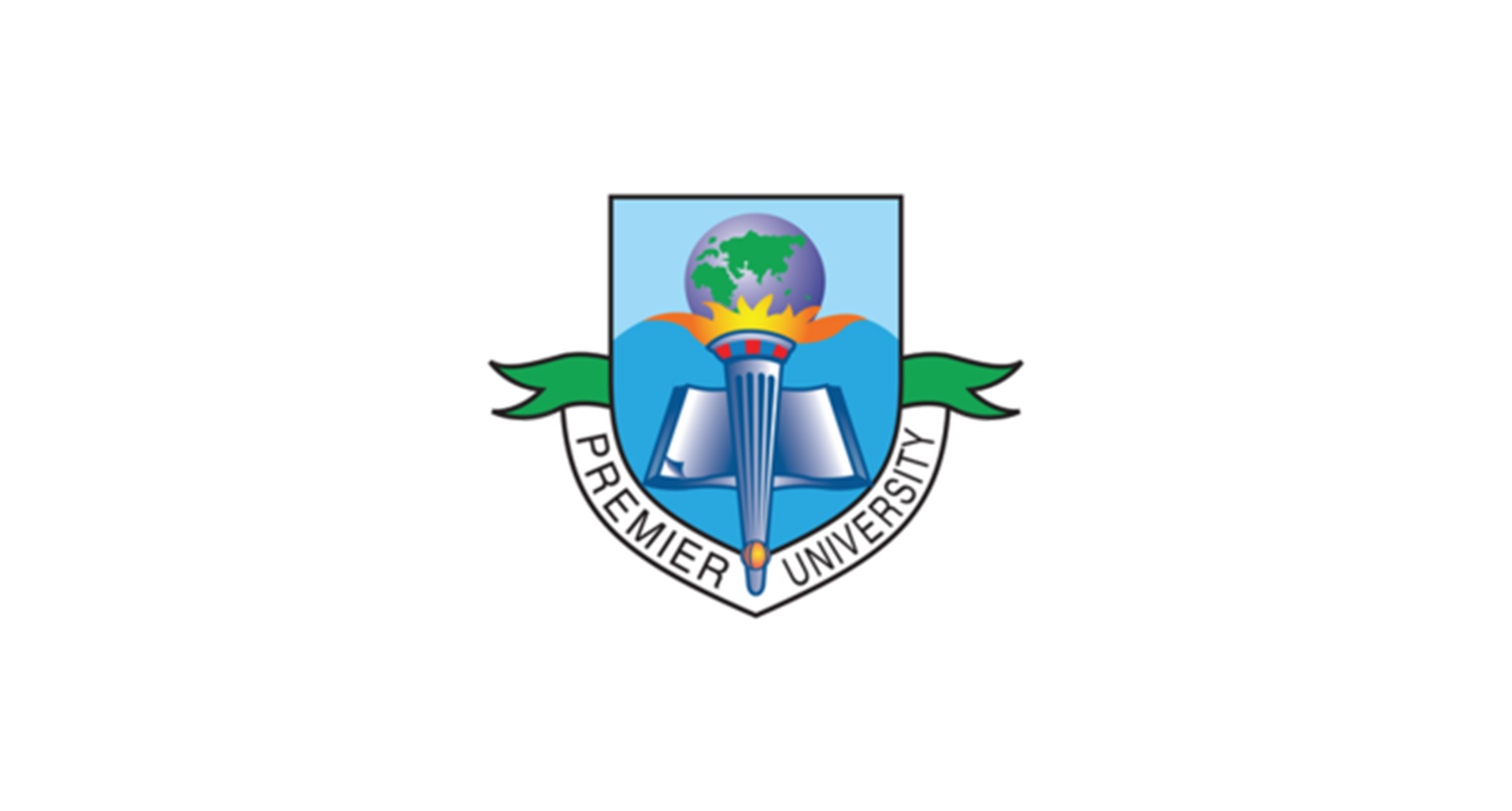Economics
Economics is the study of how wealth is created, consumed, and transferred within and across societies. It is a discipline that dives deeper into fundamental questions about how individuals, firms, and governments allocate scarce resources to meet their needs and achieve their goals.
The field is broadly divided into microeconomics, which examines how individuals and businesses produce and consume goods and services, and macroeconomics, which focuses on broader economic trends, including national growth, inflation, unemployment, and international trade.
Beyond these two core areas, economics applies its theoretical and statistical methods to address diverse issues. These range from the optimal use of natural resources and workforce dynamics to fostering human capital through education. Economists also explore critical topics such as fair worker compensation, effective fiscal and monetary policies, and the functioning of healthcare markets.
The versatility of economics lies in its ability to offer analytical frameworks and quantitative tools that are applicable to almost every domain of human activity. The discipline spans several specialised fields, including:
– Behavioral economics: Understanding decision-making processes.
– Development economics: Exploring strategies to improve living standards in developing nations.
– Econometrics: Applying statistical techniques to test economic theories.
– Financial economics: Analysing markets and financial decision-making.
– International economics: Investigating trade and finance between nations.
– Labour economics: Studying employment, wages, and workforce policies.
– Urban economics: Focusing on city development and urban issues.
What can you do with an Economics degree?
An economics degree opens up a wide range of career paths, as the analytical and problem-solving skills developed in this field are highly valued across industries. Economists often work in:
- Banking and finance: Analysing markets, managing risks, and guiding investment decisions.
- Consulting: Offering advice to organisations on economic strategies and policies.
- Public service: Crafting and implementing government policies related to taxation, trade, and welfare.
- International organisations: Addressing global issues such as poverty, trade, and economic development.
- Academia and research: Conducting studies to deepen understanding of economic theories and applications.
Considering all these, Economics can be a very smart choice to study!










